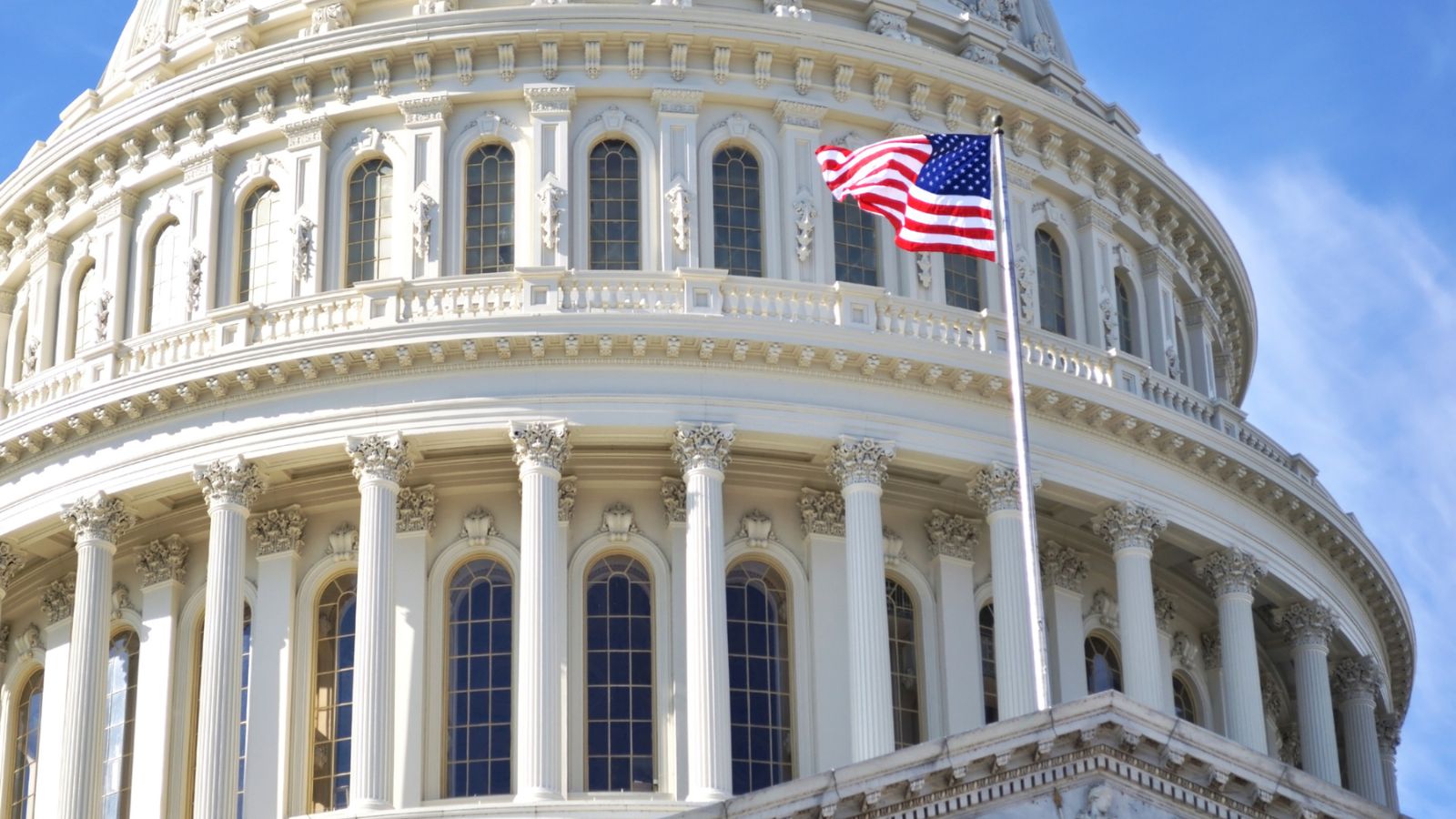The Senate has advanced legislation aimed at renewing a crucial U.S. surveillance tool, despite concerns about potential violations of Americans’ civil liberties.
The bipartisan bill seeks to reform and extend Section 702 of the Foreign Intelligence Surveillance Act (FISA), which officials argue is essential for counterterrorism efforts, espionage prevention, and cybersecurity.
The House passed a similar bill last week after intense debate, but similar concerns about civil liberties have resurfaced in the Senate.
Both progressive and conservative lawmakers are advocating for further changes, which could jeopardize the bill’s passage in the upper chamber, with supporters remaining cautiously optimistic.
Read More: Iran on High Alert Amid Threat of Israeli Response to Weekend Assault

The Biden administration has been actively lobbying senators this week, emphasizing the importance of the surveillance program in national security.
Officials argue that proposed changes to the tool could hinder the FBI’s ability to combat threats effectively.
Opponents are urging Senate Majority Leader Chuck Schumer to allow votes on amendments addressing civil liberty issues.
Democratic Sen. Peter Welch emphasized the Senate’s duty not to relinquish its responsibility amid concerns raised by the administration.
The current version of the legislation has garnered support from both the Biden administration and key leaders in Congress’s national security committees, who have urged detractors to accept the modest reforms.
Also Read: Trump Media Says It Wants To Expand Into Streaming TV, Despite Bloodbath on Stock Market

Sen. Marco Rubio cautioned against amendments that could undermine the program’s purpose, suggesting potential challenges in the House if significant changes are made.
Although the spy program technically faces expiration on Friday, the Biden administration anticipates its continued operation for at least another year, citing recent approval from the Foreign Intelligence Surveillance Court.
However, officials stress the importance of congressional authorization to prevent potential disruptions.
Growing skepticism about government surveillance powers, particularly among Republicans, has complicated efforts to reauthorize the program.
Read Next: Republican National Committee Faces Significant Fundraising Challenges Ahead of Election

Divisions within the GOP, exacerbated by disagreements over FISA reforms, reflect broader concerns about civil liberties and government overreach.
The surveillance tool has been renewed multiple times since its initial authorization in 2008 due to its perceived importance in thwarting terror plots, cyber intrusions, and foreign espionage.
Despite its efficacy, bipartisan opposition has been a recurring obstacle, with lawmakers raising concerns about potential abuses and errors by FBI analysts.
A significant area of contention revolves around the FBI’s use of the intelligence repository to search for information about Americans.
While the program targets non-Americans abroad, it inadvertently collects data on Americans in contact with targeted foreigners.


 Tags:
Tags:










